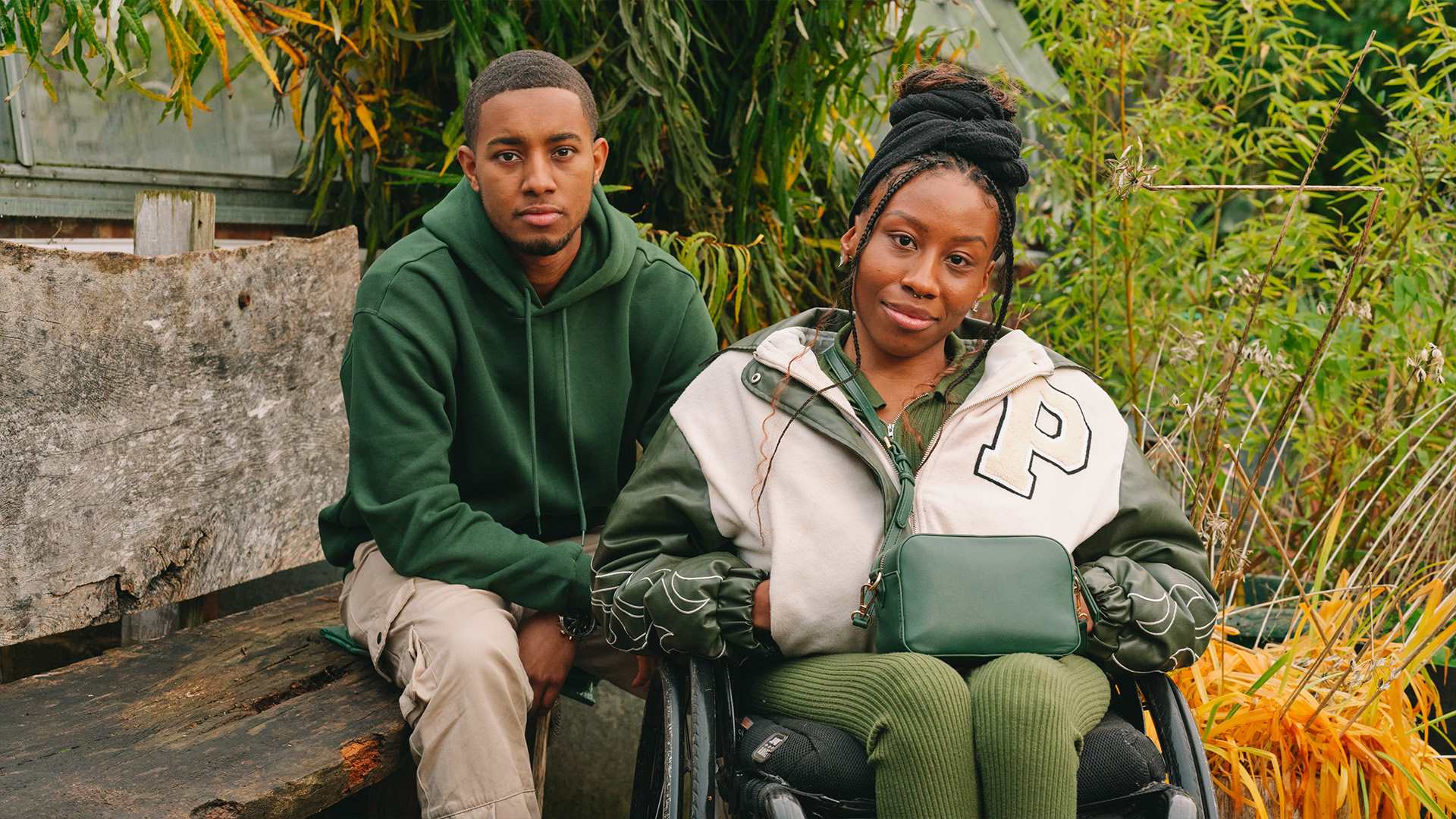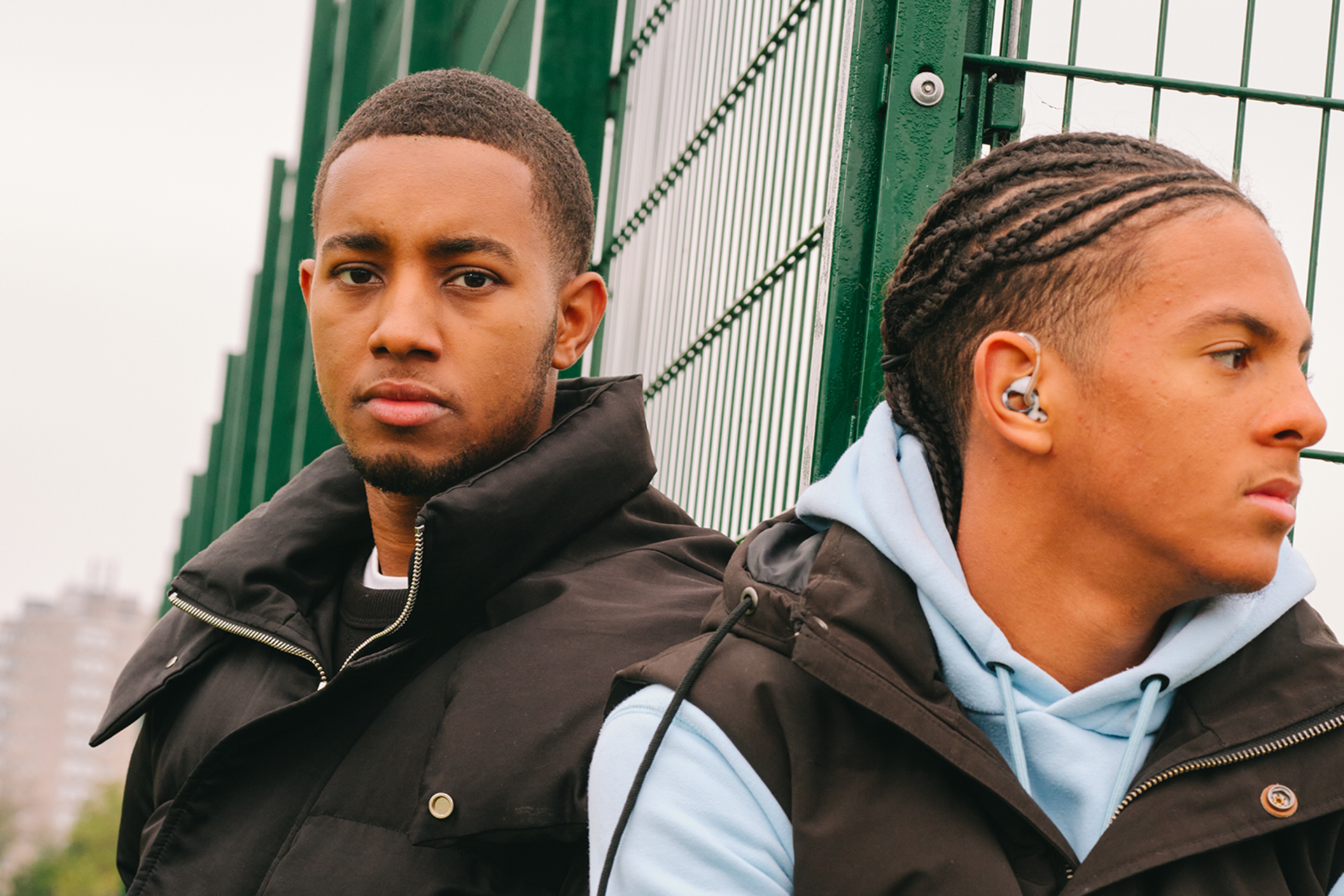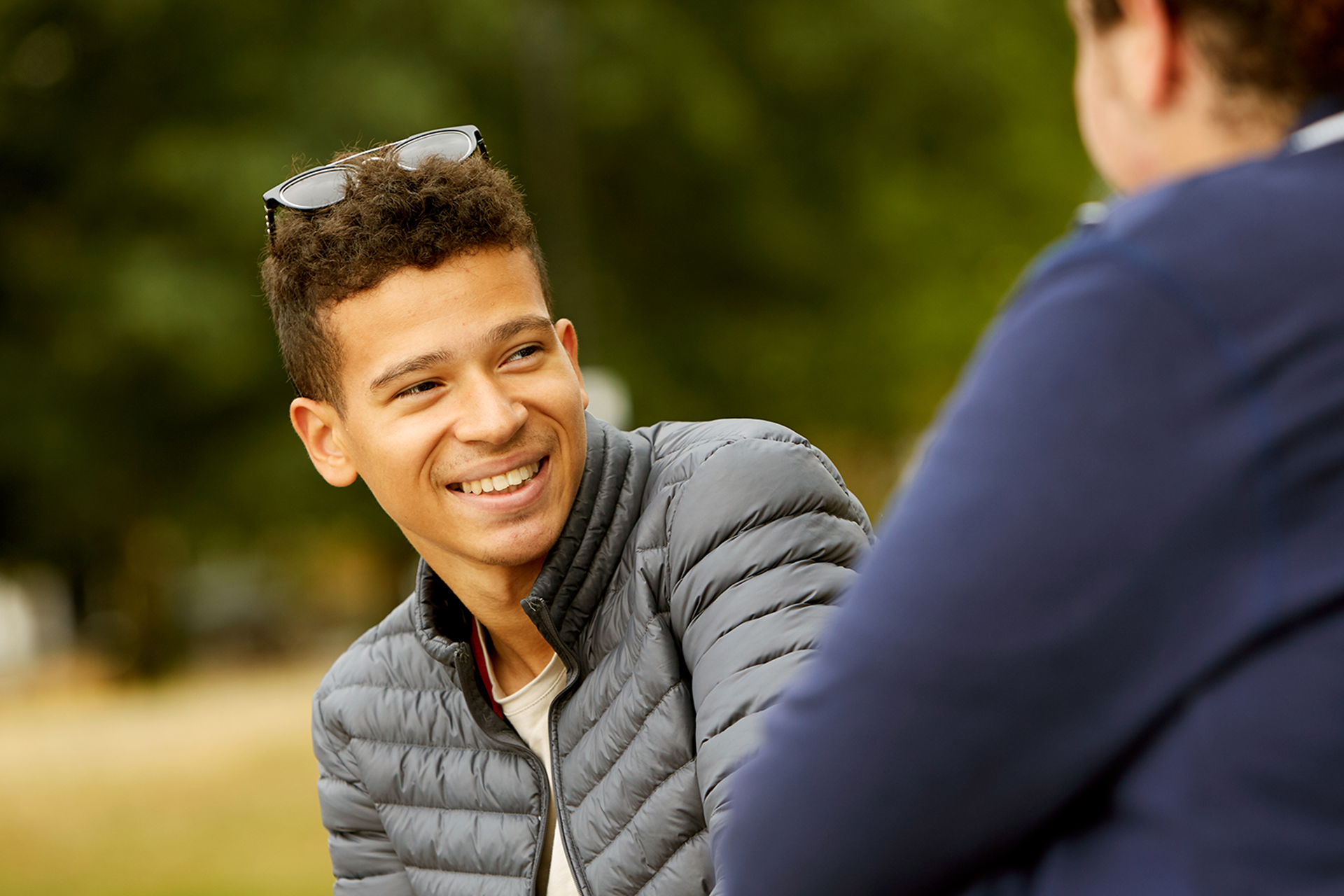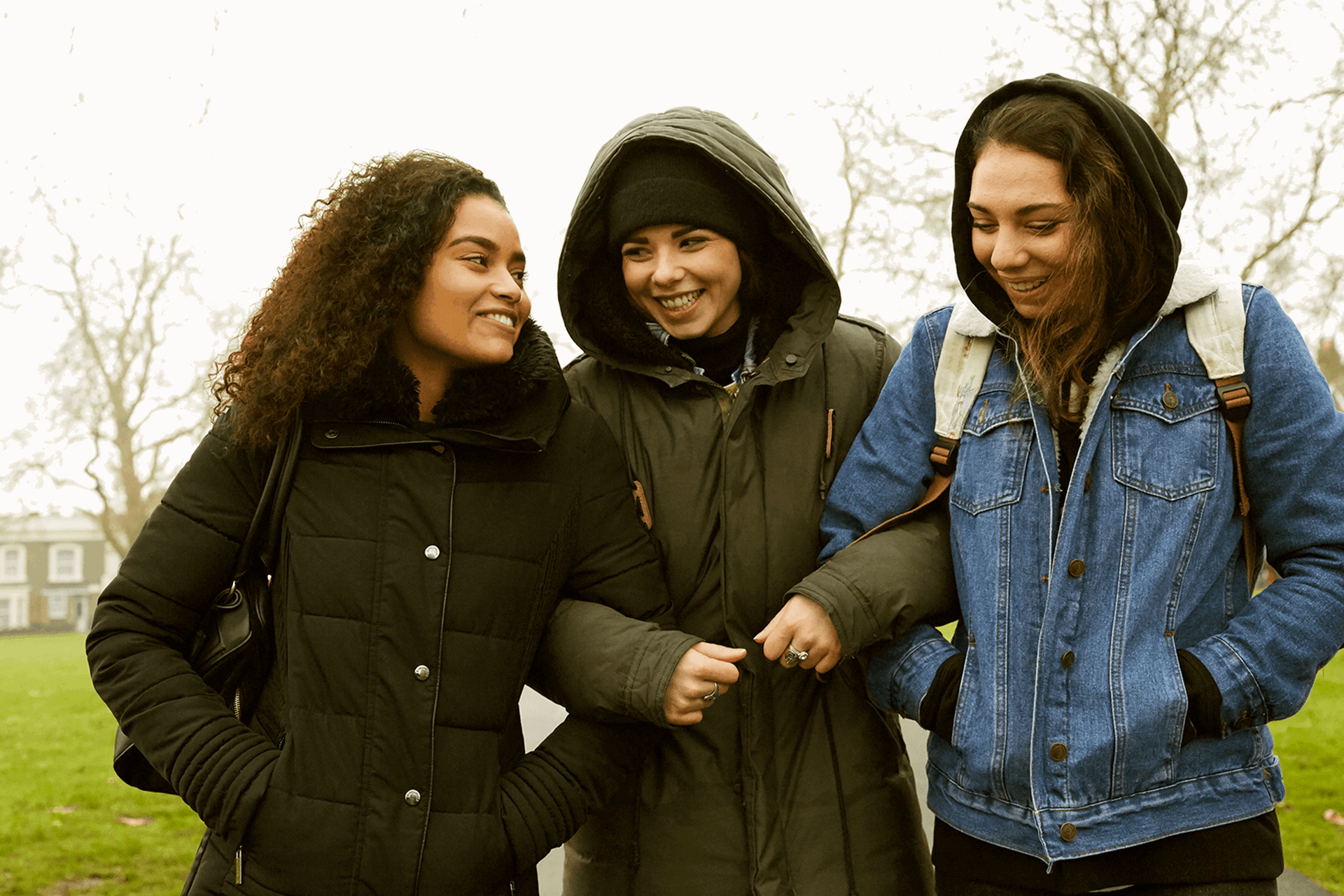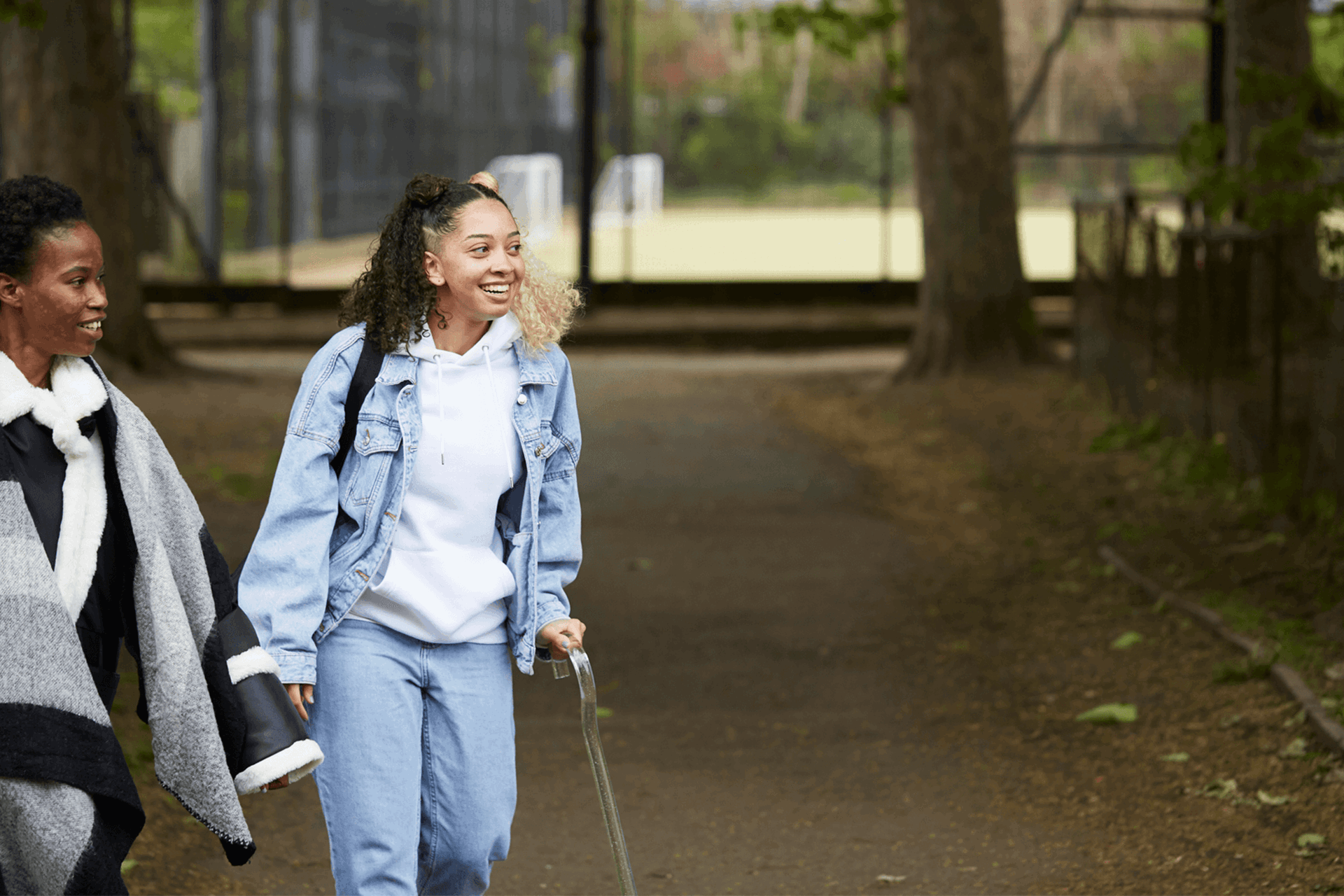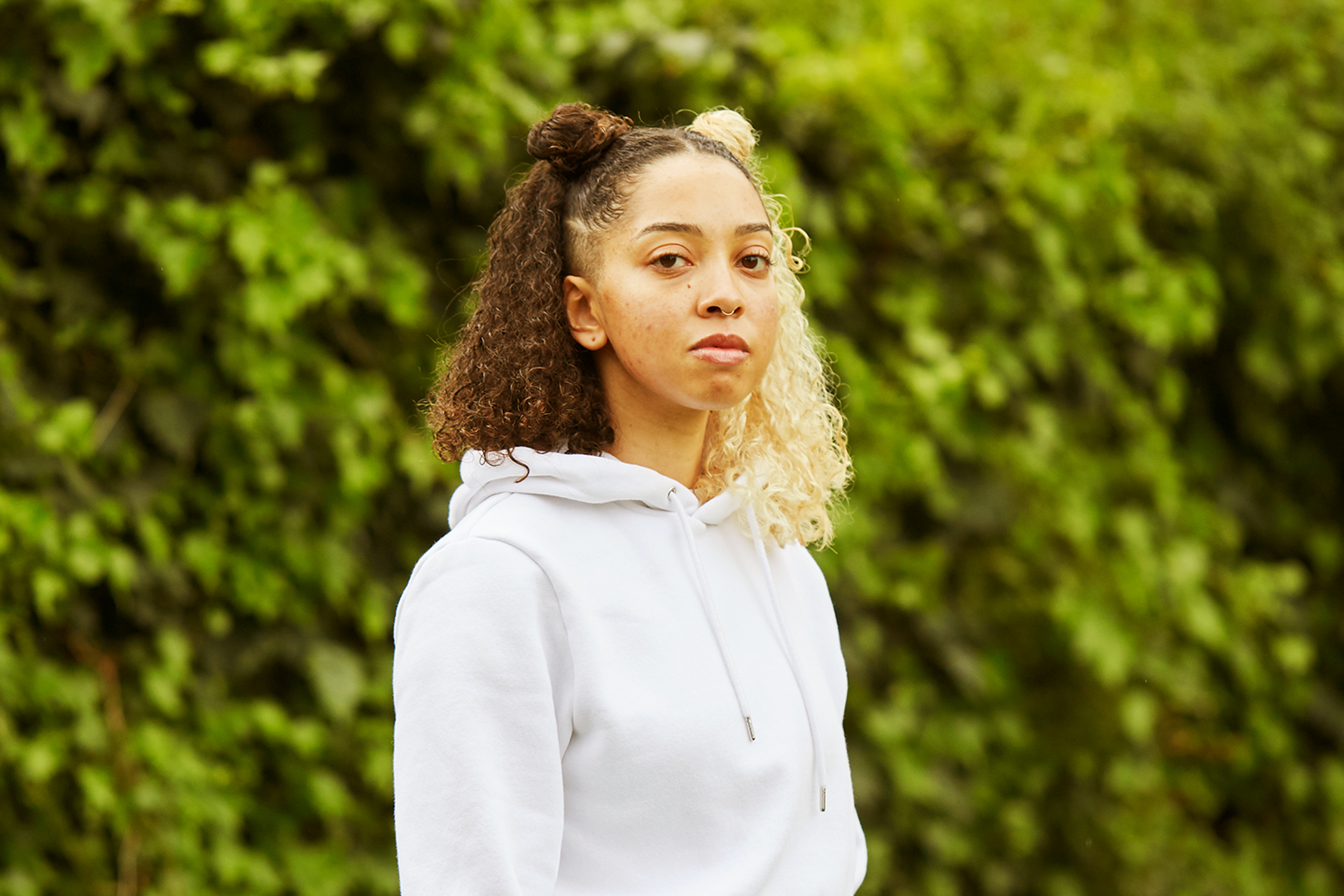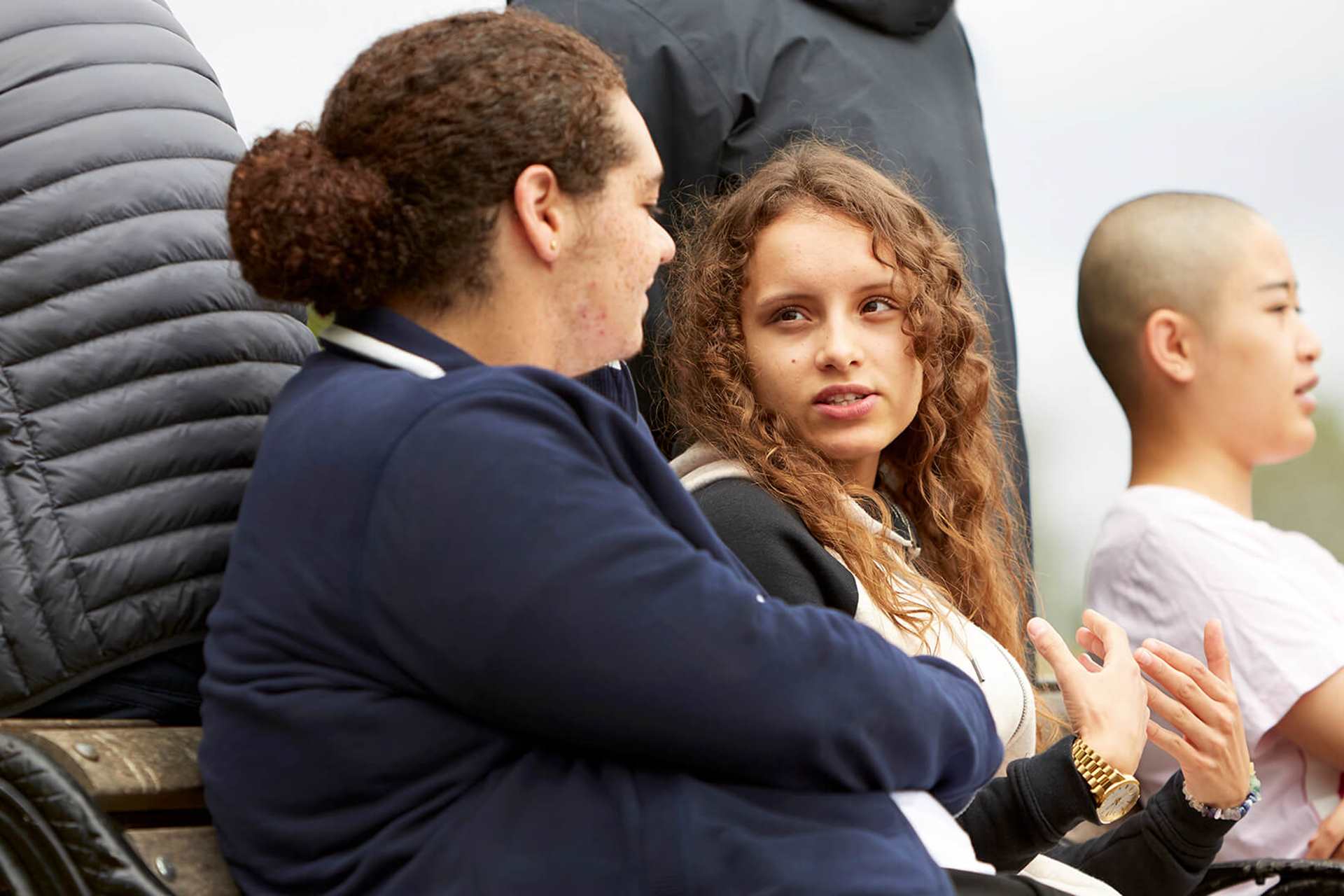Topics mentioned: disability and mental health
About: Claire explores what it means to be independent as a Disabled adult, offering tips and advice on how to assert yourself and accept help.
Internalised ableism is when a Disabled person takes in and believes the negative beliefs and discriminatory attitudes of an ableist society. For example, a Disabled person might compare themselves to their non-disabled friends and think they should be able to keep up with their friend’s busy social schedule.
What does it mean to be independent?
There are various definitions of independence in the dictionary, like “not taking help or money from other people” or “being free from outside control.” My understanding of independence is the first one, being completely self-sufficient. I think the second definition is more about autonomy - having the freedom to make your own choices and control your life.
As a physically disabled adult, the idea and ultimate goal of independence has been at the core of my interactions with professionals and therapists throughout my life. From feeding myself to brushing my own hair, it’s often assumed that I would want to be able to do these things for myself.
But why?
As humans, we are all dependent on each other. We rely on a functioning society for money and food on the shelves in the supermarket. None of us can survive in isolation without support, which is why the Covid lockdowns were extremely difficult for many people, especially young people like us.
From feeding myself to brushing my own hair, it’s often assumed that I would want to be able to do these things for myself. But why?
Of course, for some Disabled people, achieving independence in daily tasks can be incredibly meaningful and enabling. But for me, choice and autonomy over the tasks I choose to do and the ones I delegate is far more important. As a physically Disabled person I rely on 24/7 care and support and will continue to do so for the rest of my life. It’s only now as an adult that I’ve gained sufficient insight into my own life and the way my body does or more accurately doesn’t move. It’s helped me realise that striving to do tasks on my own is unrealistic and more often than not, exhausting. Aiming for expectations that don’t match our capacity can very quickly lead to burnout, alongside other wellbeing concerns, like low self-esteem, frustration, and internalised ableism.
As a physically Disabled person I rely on 24/7 care and support and will continue to do so for the rest of my life. It’s only now as an adult that I’ve gained sufficient insight into my own life and the way my body does or more accurately doesn’t move.
Learning to accept help from others is a huge step for any young person, particularly Disabled young people. It’s something that takes time and a readiness to begin exploring your own profile, strengths, and needs. It’s also useful to acknowledge that just because you can physically do something, it doesn’t mean you should or genuinely want to. A key example of this for me was the idea of feeding myself. Yes, sometimes I do have the ability to feed myself, but it’s not worth the fatigue that follows or the high likelihood that I’ll throw more food down myself than what ends up in my mouth.
My key messages for other Disabled young people
-
Don’t strive to do things on your own at the cost of your energy or mental wellbeing - we live in a society for a reason. When you feel able to, ask for help.
-
Learn about your own profile - you know yourself, your own strengths, and limitations better than anyone.
-
Say ‘no’ to things that cost too much energy or are detrimental to your mental health.
-
Peer support can be hugely beneficial – everyone needs to find their own tribe.
-
It’s ok to question professionals including therapists – you don’t need to take everything they say literally. If you don’t agree with their advice, speak up (using whatever form of communication that works best for you).
-
Recognise your own fluctuating capacity – just because you may be able to do something one day, doesn’t mean you can do it the next day.
-
Good relationships with professionals (and more broadly anyone) are built on trust, honesty, teamwork and feeling valued, not hierarchy or authority.
I hope this blog resonates with you and makes you question whether independence or autonomy is more important in your life. You are the expert in your own experiences!
More information and advice
We have tips and advice to help you find the support you need. Take a look at our guides.
Where to get help
However you're feeling, there are people who can help you if you are struggling. Here are some services that can support you.
-
Childline
If you’re under 19 you can confidentially call, chat online or email about any problem big or small.
Sign up for a free Childline locker (real name or email address not needed) to use their free 1-2-1 counsellor chat and email support service.
Can provide a BSL interpreter if you are deaf or hearing-impaired.
Hosts online message boards where you can share your experiences, have fun and get support from other young people in similar situations.
- Opening times:
- 24/7
-
Samaritans
Whatever you're going through, you can contact the Samaritans for support. N.B. This is a listening service and does not offer advice or intervention.
- Opening times:
- 24/7
-
Youth Access
Provides information about local counselling and advice services for young people aged 11-25.
Put in your location and what you need help with into their 'Find help' search, and see what services are available in your area.
